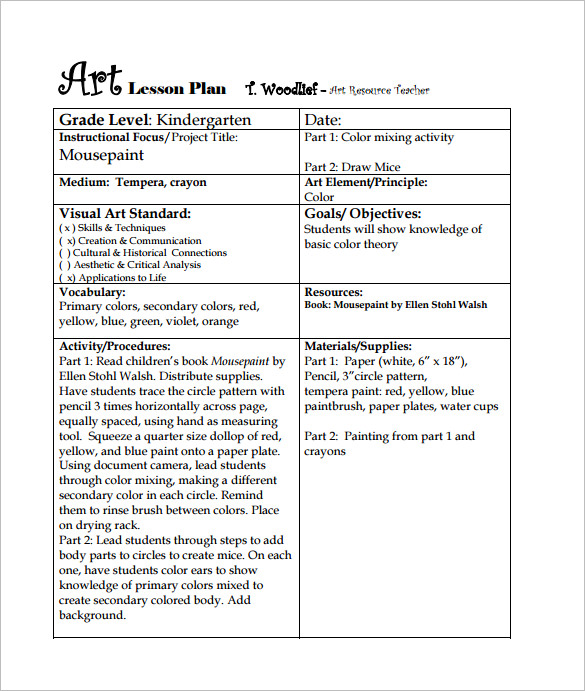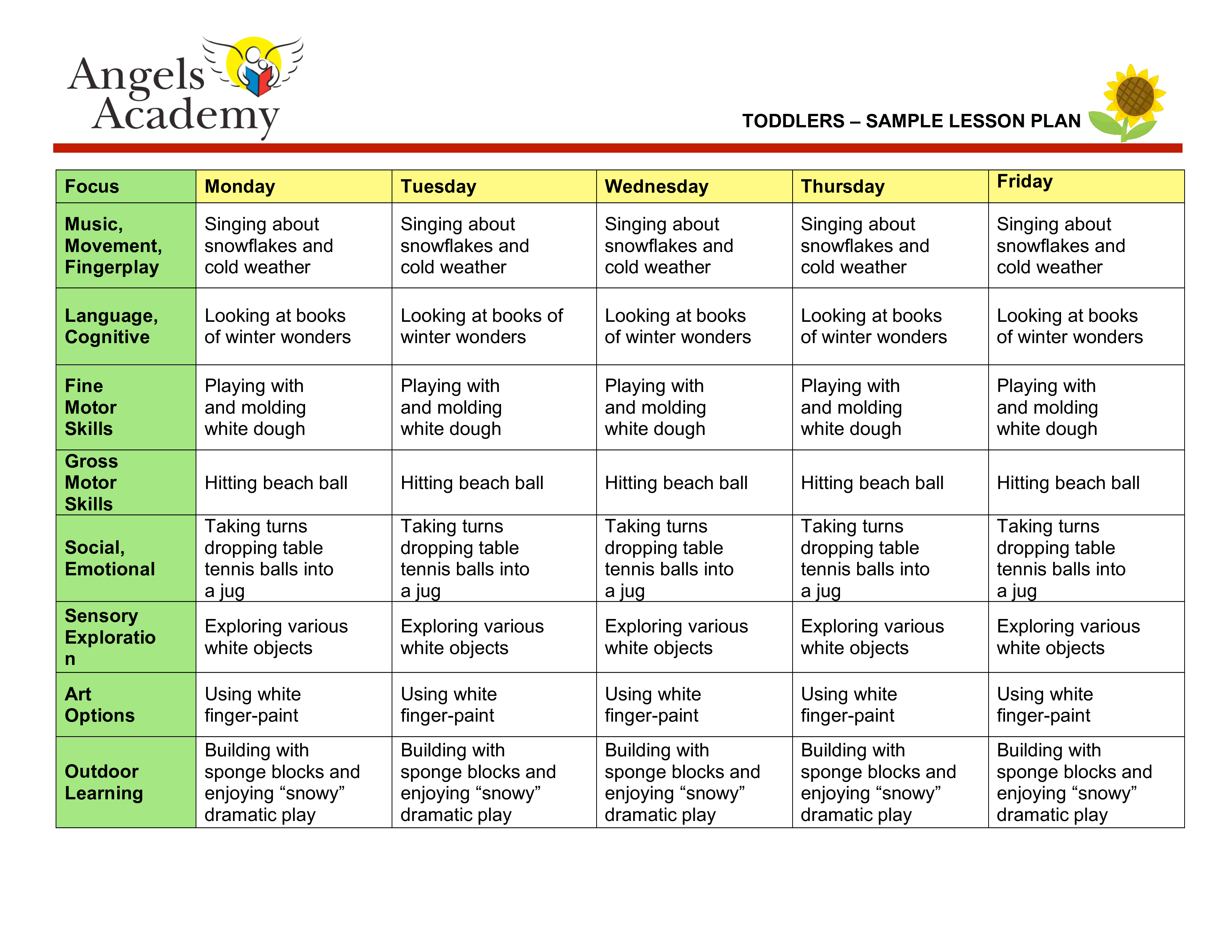
We studied what the experts had to say (Katie Wood Ray and Matt Glover) and combined with our own years of experience. Many years ago, Deedee and I wrote a curriculum for writers workshop. We have seen the power of focused instruction that allows students to develop at their own pace while providing opportunities for MAGIC! Kindergarten Lesson Plans: Writers Workshop Over the years, Deedee Wills and I have developed and refined our kindergarten lesson plans and it has been tested in our classrooms. We have heard from teachers all over the world who feel JUST like you. Occasionally, they want to go home before 5 pm after school AND they would like to spend their weekends with their families instead of planning.They want to employ “Best Practices” in their classrooms.They want the absolute BEST for their students.Here are a few things I know about teachers.


#Kindergarten lesson plans plus
Observing three preschool classes at Lebanese school, the author presented the merits of Lebanese schedule according to her own experience of teaching at that preschool and had a sympathetic eye on the deficiency of Iranian Schedule.Kindergarten lesson plans made easy just print and teach! Free file too! Common Core reading lesson plans and writing plans, plus math lessons too! It also debated how the helpful intake put an accurate input to achieve worthwhile outputs. This article compared the two preschool teaching frameworks in terms of their progress, aim, methods and content. It included almost nothing about the former details. However, the Iranian plan was a newly sprung up preschool's schedule. When comparing the two plans, the first remarkable difference was that the Lebanese approach gives teachers a detailed framework for their inputs with offers on content, daily period of class attendancy, methods to be used, duration of applying objectives, purposeful decoration of the classroom, and expected outcomes. Incidentally, both countries adopted special preschool plans for children ages 3 to 5 years old. The following sections provide an overview of the program in which the observations were conducted, review literature on the development of prosocial behavior through peer interactions and play, and present descriptions of seven themes of prosocial behavior demonstrated by children that emerged from analysis of the observational data: (1) respecting nature (2) respecting people (3) sharing, helping, and taking turns (4) building friendships and expressing unity (5) cooperating and working together as a team (6) demonstrating empathy and (7) expressing gratitudeĪbstract Iran and Lebanon have similar recent history within the field of Islamic education and similar language as L2 -English- taught in schools. Of the children observed-many of whom attended the preschool during both years of the study-50 were also interviewed about their thoughts and feelings about nature.


This article examines the research question, How can teachers nurture the development of prosocial behavior for preschool-aged children through nature-based play and activities? To address this question, five researchers (including the second author) conducted 74 running record observations of children’s behavior and social interactions over the course of two years.


 0 kommentar(er)
0 kommentar(er)
